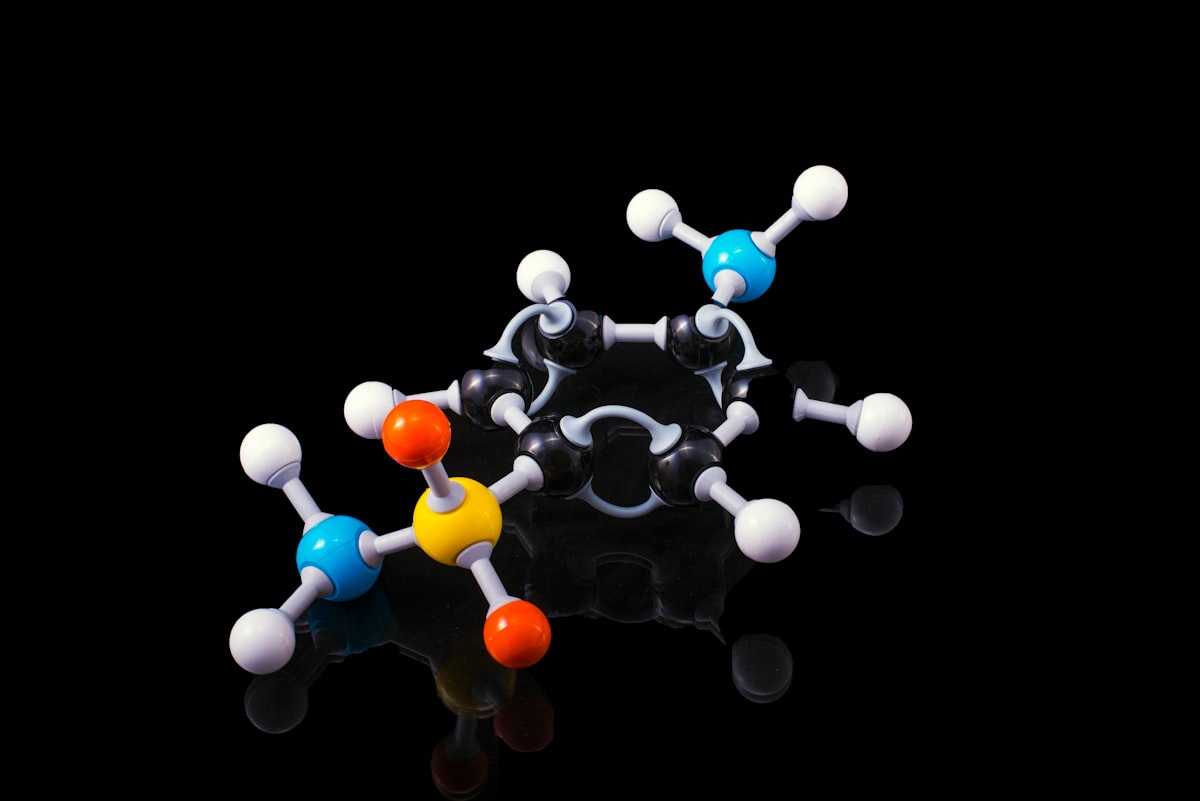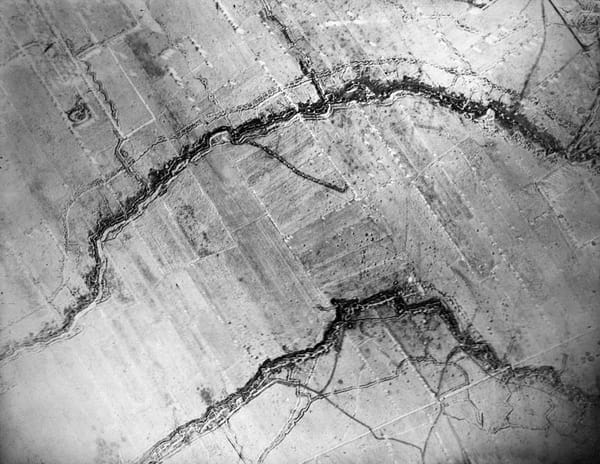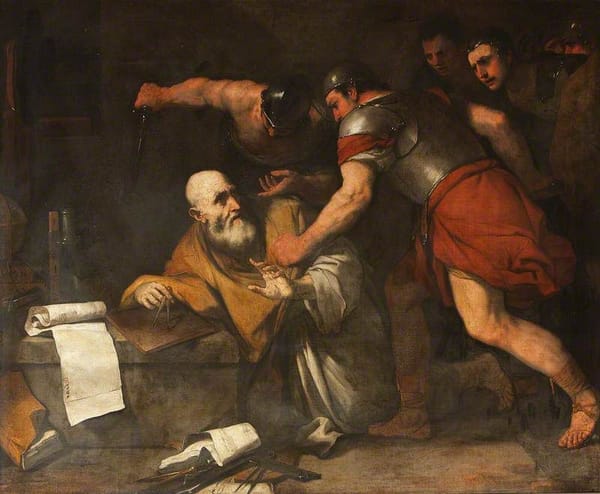Macromolecules

Macromolecules are, like their name suggests, large molecules. Four types of macromolecules are: carbohydrates, lipids, proteins, and nucleic acid.
Carbohydrates are organic macromolecules. They are made of carbon and water. Its monomers are simple sugars and monosaccharides. Carbohydrate's role is to provide energy. An example of carbohydrate is table sugar or high fructose corn syrup (which is basically the same thing).
Lipids are also organic molecules. They are made of reduced hydrocarbon. Its monomers are fatty acids and glycerol. Its function is to store energy for later. Some examples of lipids are animal fats and oils.
Proteins are also organic macromolecules. They are made of amino acids. Their monomers are also amino acids. Different types of proteins have different functions, like destroying bacteria, sending messages to other cells, and triggering chemical reactions in cells. Some examples of proteins are Immunoglobulin G and Phenylalanine hydroxylase.
Nucleic acids are also organic macromolecules. They are made of nucleotides. Nucleic acid monomers are pentose sugar and phosphates. They store genetic information. Some examples are DNA, RNA, mRNA, tRNA, and rRNA.




